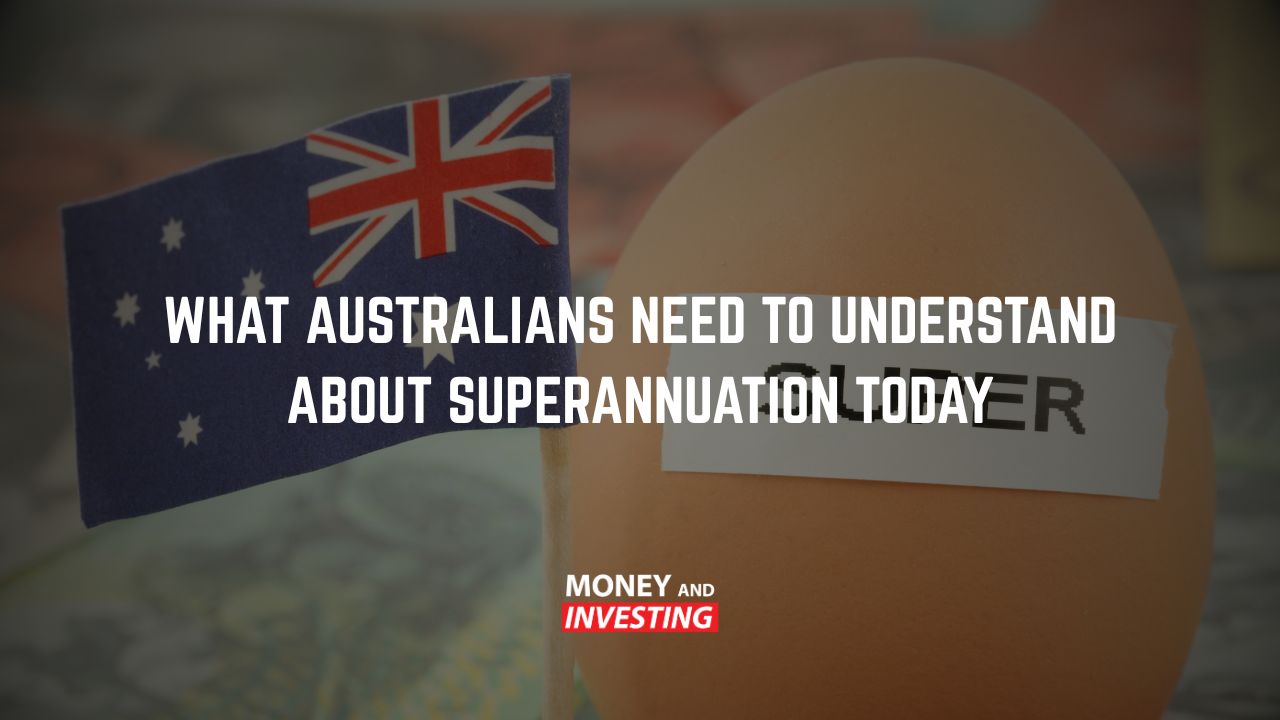Have you ever asked yourself if being self-employed is really for you? It all boils down to your personality, your work values, and discovering your true capabilities. Here’s a list of pros and cons for being self-employed if you’re unsure:
One size does NOT fit all
There is no cookie-cutter method for being your own boss. And your path will depend highly on what kind of person you are. One size does not simply fit all, and most of your journey will be learning by doing.
As host Andrew Baxter states; you need to know who you really are and where your values lie before considering being self-employed. As a business owner, employee or investor – it’s about being the best person you can be at whatever you do. Organisation, time keeping, initiative; your strengths and weaknesses will determine your success.
You also need to ask yourself; how do my strengths and weaknesses impact me as a self-employed person vs. Being an employee? Which am I better at?
Robert Kiyosakis Cash Flow Quadrant
Entrepreneur and world-wide public speaking sensation, Robert Kiyosaki, createdww something known as the Cash Flow Quadrant. This method can be used to map out the journey of one’s employment. The cash flow quadrant covers four broad sectors:
- Being an employee
- Self-employment
- Owning a business
- Or being an investor
There are no right or wrongs here as to which quadrant you fit into. As ultimately it comes down to your personality, goals, and what you value to be important – whether it be money, safety, freedom or security.
Being self-employed vs. being an employee
An employee is someone with a craft or skill who works for someone else. As an employee, your hours are likely to be fairly fixed. And your remuneration capped for the most part. However, you’ll most likely have much more job security and benefits like sick/holiday pay plus mandatory superannuation payable. Though this is dependent on the job, how many hours you do and other factors.
Someone who is self-employed on the other hand will choose when they want to work. And have the added freedom of being the boss. This comes with the caveat of knowing that you may have to work harder and longer to get the security you desire.
Yet all they have really done is bought their job. No longer will you confined to your previously ‘employee’ role. Now you’ll have to learn to venture into other areas of business in order to become successful. Say you’re a physio therapist who then sets up your own practice. No longer are you just treating patients on the table. You’ll also have to learn sales and marketing. Accounting and administration in order to keep your wheels turning.
Becoming a business owner
Being a business owner is very different to being self-employed. You’ll only enter this quadrant once you’ve mastered the art of working for yourself. A business owner is someone who has set up systems and processes in place where other people are able to run your business for you.
As a business owner, host Andrew Baxter says that your goal should be to make yourself redundant where you can essentially duplicate yourself. To the point where the wheels turn on their own. This is great and all, however one of the things business owners grapple with is uncertainty. When you start throwing unexpected costs into the mix such as staff who resign suddenly or a raging pandemic – things can often become more complicated and your future diabolically uncertain.
Finding your quadrant
Now that we understand what each quadrant entails, it’s time to choose. For someone who wants a job for life and paycheck security – being an employee may be better for you. Though in today’s uncertain financial environment where mass lay-offs plague good companies, is anything truly secure?
Someone who likes to lead, direct and thrive off challenges may deal better with the route of self-employment. The challenge for someone moving from being an employee to self-employed mostly comes down to time management. Focusing on what moves the needle most, and outsourcing all the other garbage is how business owners end up making themselves redundant.
The one common thing that all self-employed business owners have in common – you have to LOVE what you do. There’s no point having all of the uncertainty of running your own business. And the stresses that come with having zero security if you don’t have the passion for it. To the self-employed, it’s always going to be you vs. you – if you don’t like that, then it’s probably not for you.
You have to prepare to only eat what you kill, it’s as primal as that. In the end, becoming an investor should be everyone’s goal into retirement. Where your hard-earned money is doing all the work for you. To learn more, reach out to Australian Investment Education.



